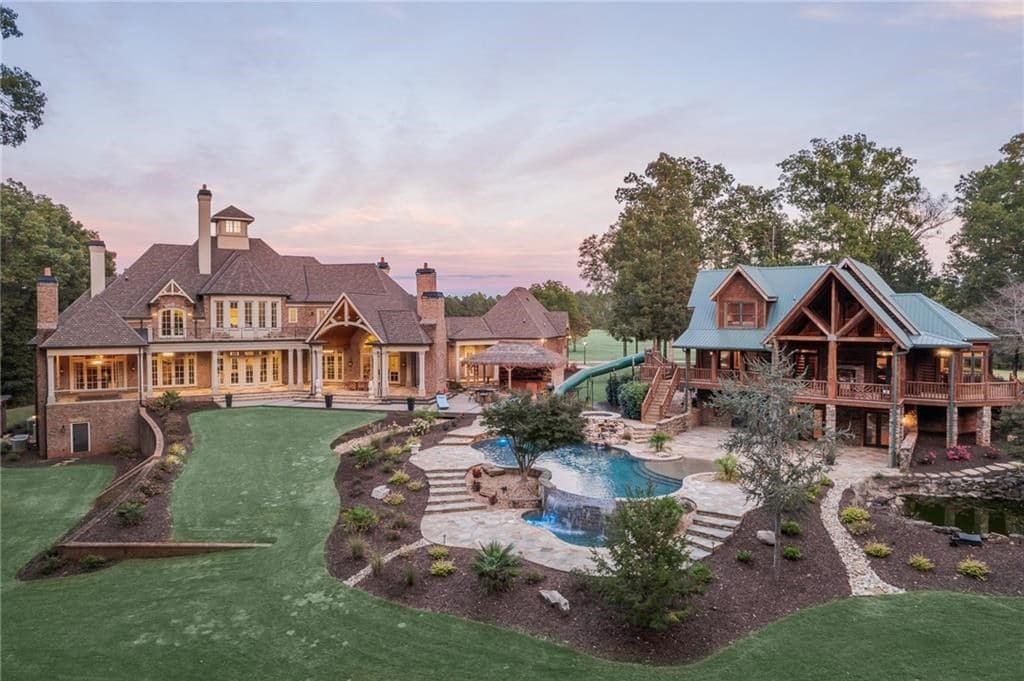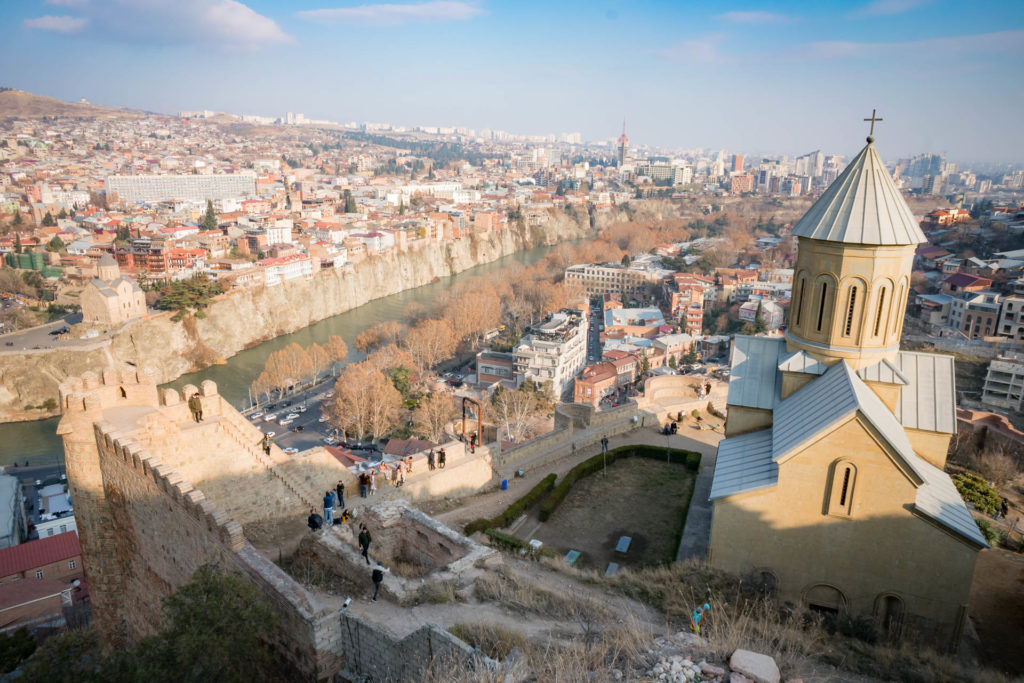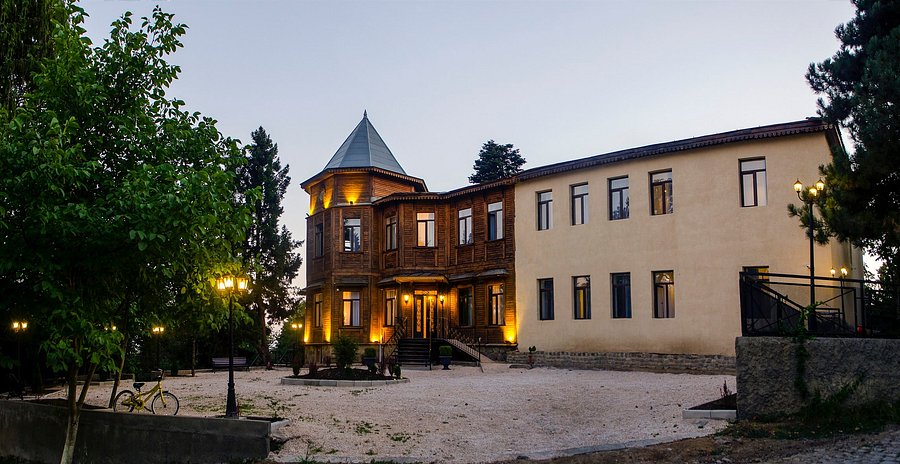
flats in georgia https://residence-estate.ge/en/objects-type/flats/
Georgia has become an increasingly attractive destination for people looking to buy or rent apartments, whether for living, retirement, seasonal stays, or investment. With a warm climate on the Black Sea coast, a rich cultural scene in its capital and regional centers, favorable tax policies, and a relatively low cost of living, the country offers a wide range of options for those searching for flats in Georgia. This guide outlines the current market, highlights popular locations, explains the buying and rental processes, and offers practical tips for navigating property ownership as a foreigner.
Market overview: Over the past decade, Georgia’s real estate sector has matured, driven by both domestic demand and international interest. Cities such as Tbilisi and Batumi have experienced steady development, with modern residential complexes, restored historic buildings, and newly built high-rises offering apartments across a range of price points. While central areas command higher prices due to proximity to services, transport, and cultural amenities, emerging neighborhoods often provide better value and growth potential. The COVID-19 pandemic temporarily slowed transactions but also spurred demand for larger, better-equipped flats suitable for remote work and family life.
Popular cities and neighborhoods: Tbilisi, the capital, remains the top choice for many buyers fascinated by its eclectic architecture, lively arts and dining scene, and international schools. Neighborhoods like Vera, Vake, Mtatsminda, and Saburtalo are popular due to their central locations and infrastructure. Batumi on the Black Sea coast appeals as a resort city with a booming tourism sector and seaside developments; it is particularly favored by investors seeking holiday rentals. Kutaisi offers lower prices and a quieter pace, while smaller towns and rural regions may attract those seeking holiday homes or nature retreats.

Prices and financing: Apartment prices vary widely depending on location, size, age, and amenities. In central Tbilisi, modern flats typically cost more, reflecting demand from expatriates and affluent locals. Outside the city center and in regional centers, prices are considerably lower. Georgian banks offer mortgage products, but terms and conditions can differ for foreigners. Some international buyers prefer to purchase outright or arrange financing in their home country. Always compare interest rates, down payment requirements, and hidden costs such as insurance and fees.
Legal considerations for foreigners: One of Georgia’s advantages is a relatively straightforward property purchase process and the permissive approach to foreign buyers. Foreign nationals can own most types of real estate, including residential apartments. Before committing, verify the property title, ensure there are no liens, and confirm zoning and building permits where relevant. Hire a local lawyer or trusted real estate agent who can conduct due diligence, draft or review contracts in both English and Georgian, and guide you through registration with the Public Registry. Be aware of tax implications, including property tax and any applicable capital gains rules.
Buying process: The typical purchase process begins with property search and inspection, followed by negotiation and signing a preliminary agreement. A contract of sale addresses price, deposit, timeline, and contingencies. The final deed is registered at the Public Registry to confirm ownership. Payments are usually made via bank transfer to create a traceable record. For new developments, review the developer’s track record and warranty terms. Consider obtaining a building inspection for older properties to assess structural issues, wiring, plumbing, and insulation.
Renting flats in Georgia: The rental market suits both short-term visitors and long-term residents. Tbilisi and Batumi have thriving markets for furnished apartments offered through real estate agencies and online platforms. Lease agreements typically cover rent, deposit (commonly one or two months), utility responsibilities, and notice periods. Long-term tenants may negotiate terms directly with landlords or through agencies. If you plan to rent as a non-resident, ensure your lease agreement is documented and that both parties understand tax obligations related to rental income.

Investment potential: Investing in flats can yield rental income and capital appreciation, especially in high-demand neighborhoods and tourist hotspots. Short-term holiday rentals can be profitable in seaside Batumi and central Tbilisi, though they require active management, marketing, and attention to maintenance. Consider occupancy rates, seasonal fluctuations, and local regulations that may affect short-term leasing. Long-term rental investments often offer steady returns with lower management overhead. Diversifying across locations and property types helps spread risk.
Amenities and lifestyle considerations: Modern residential developments in Georgia increasingly include amenities such as secure entrance lobbies, elevators, parking, fitness centers, and green spaces. When choosing a flat, consider access to public transport, proximity to schools and healthcare, and neighborhood safety. If you plan to work remotely, check internet reliability and the availability of co-working spaces. For families, access to international schools and parks can be decisive. For retirees, consider ground-floor flats or buildings with elevators and medical facilities nearby.
Practical tips: Start by defining your priorities—investment vs. residence, central vs. suburban, new build vs. renovation. Use reputable real estate agencies and insist on clear, written agreements. Get a local legal advisor to check the title and contract terms. Budget for additional costs: registration fees, notary services, agent commissions, utility setup, and potential renovation. If renting, document the flat’s condition upon move-in to avoid disputes over deposits. Learn some basic Georgian phrases or work with an English-speaking agent to ease communication.
Future outlook: Georgia’s strategic location, tourism rebound, and business-friendly policies suggest continued interest in its real estate market. Infrastructure projects, increased foreign investment, and urban regeneration can support property values, especially in prime neighborhoods and coastal areas. However, prospective buyers should monitor economic indicators, currency fluctuations, and any regulatory changes affecting property rights or taxes.
Conclusion: Flats in Georgia present a compelling mix of affordable prices, diverse locations, and straightforward buying procedures. Whether you’re seeking a city apartment in vibrant Tbilisi, a coastal flat in Batumi, or a quieter home in the regions, careful research and professional guidance will help you make informed decisions. With the right approach, purchasing or renting an apartment in Georgia can be both a practical lifestyle choice and a sound investment.











